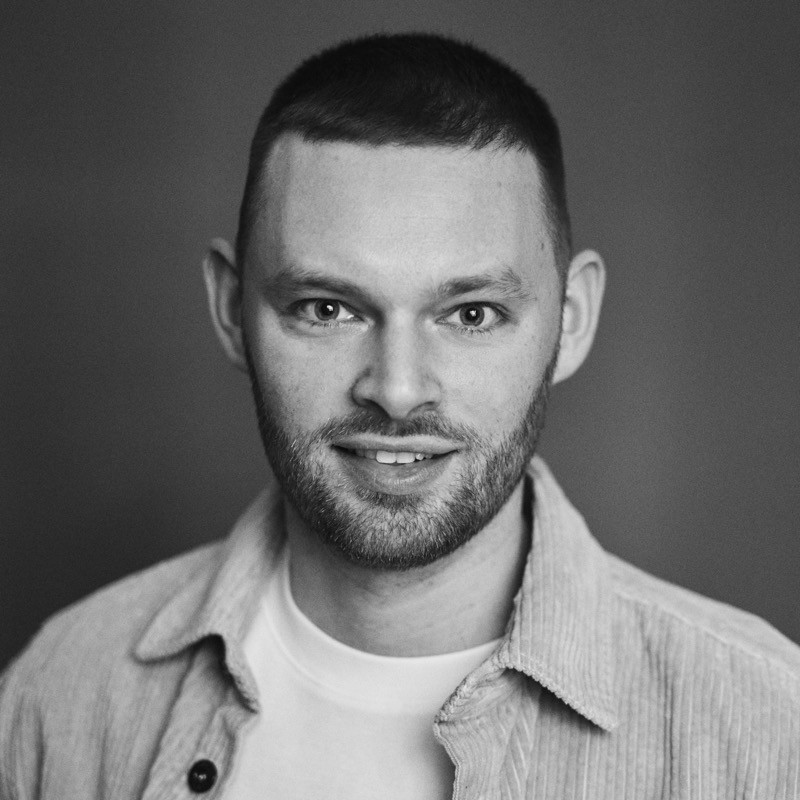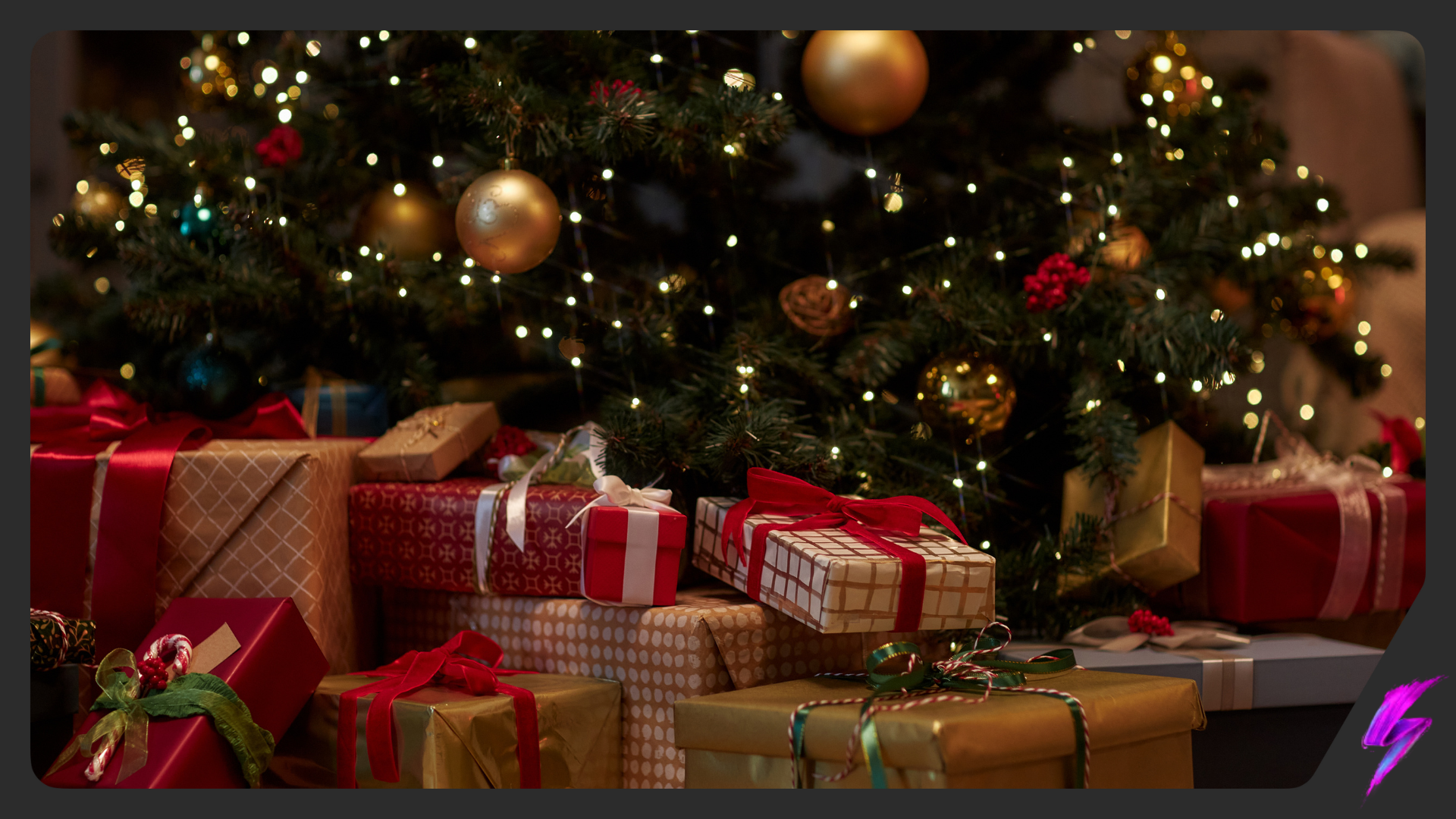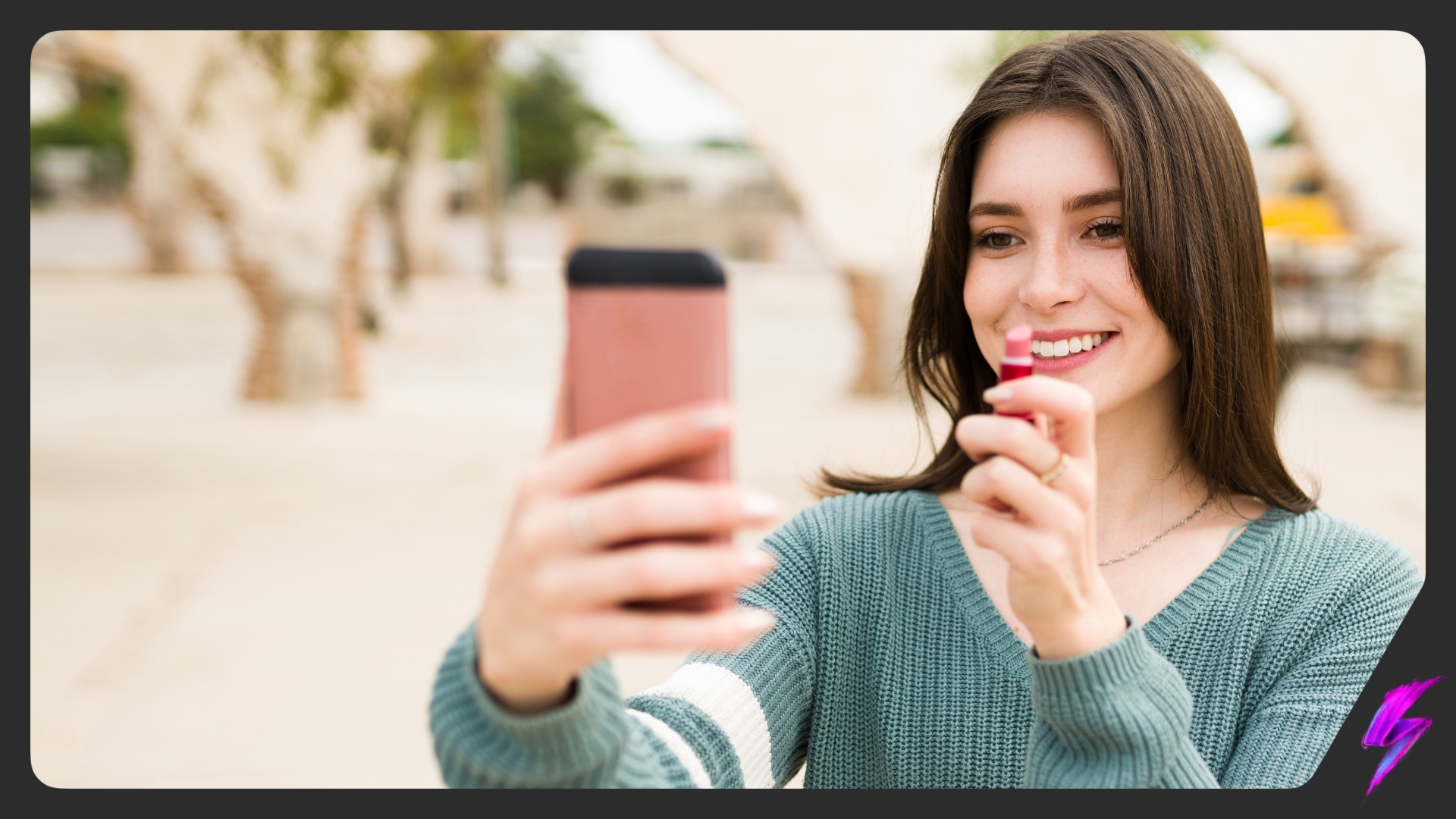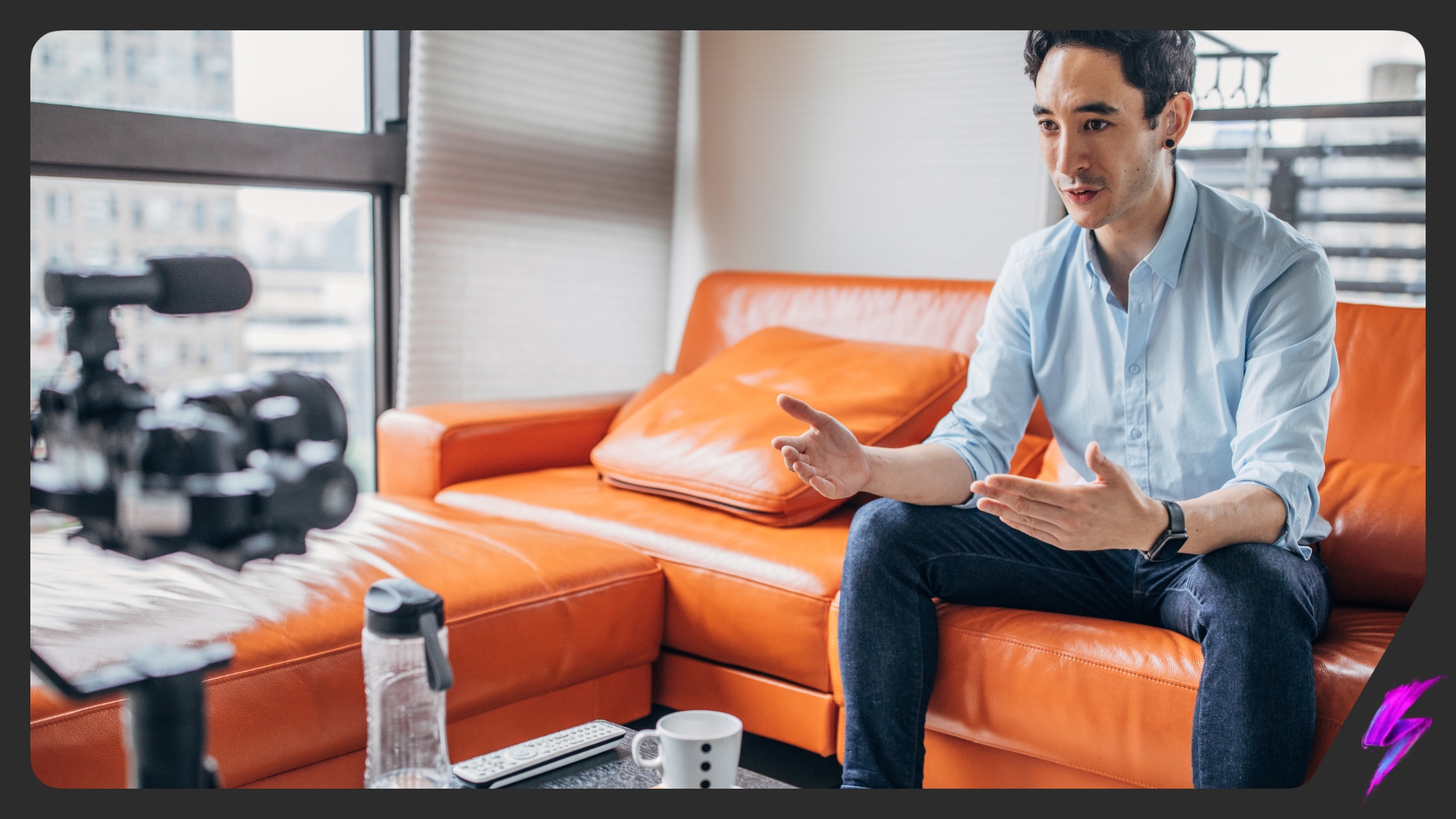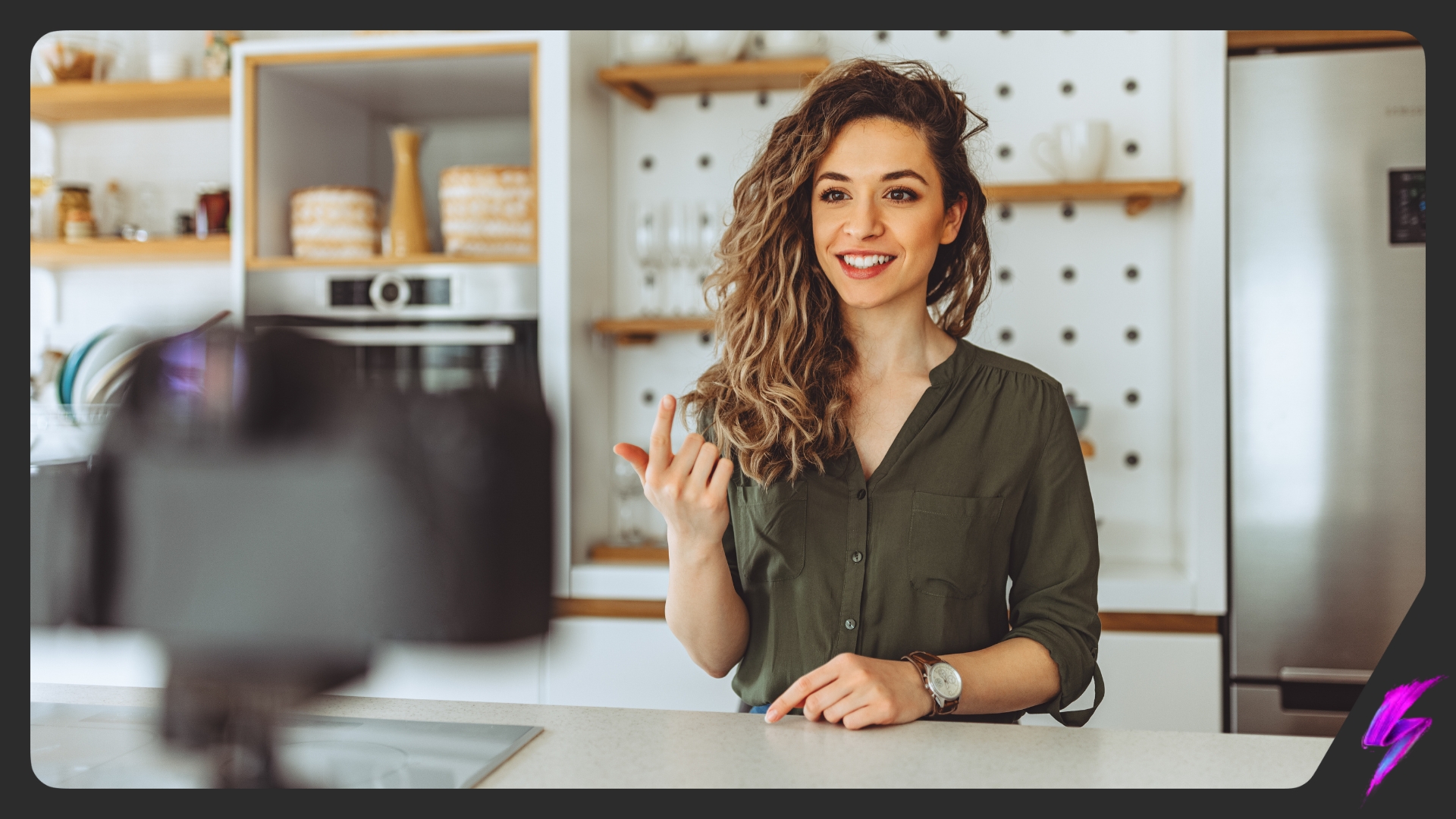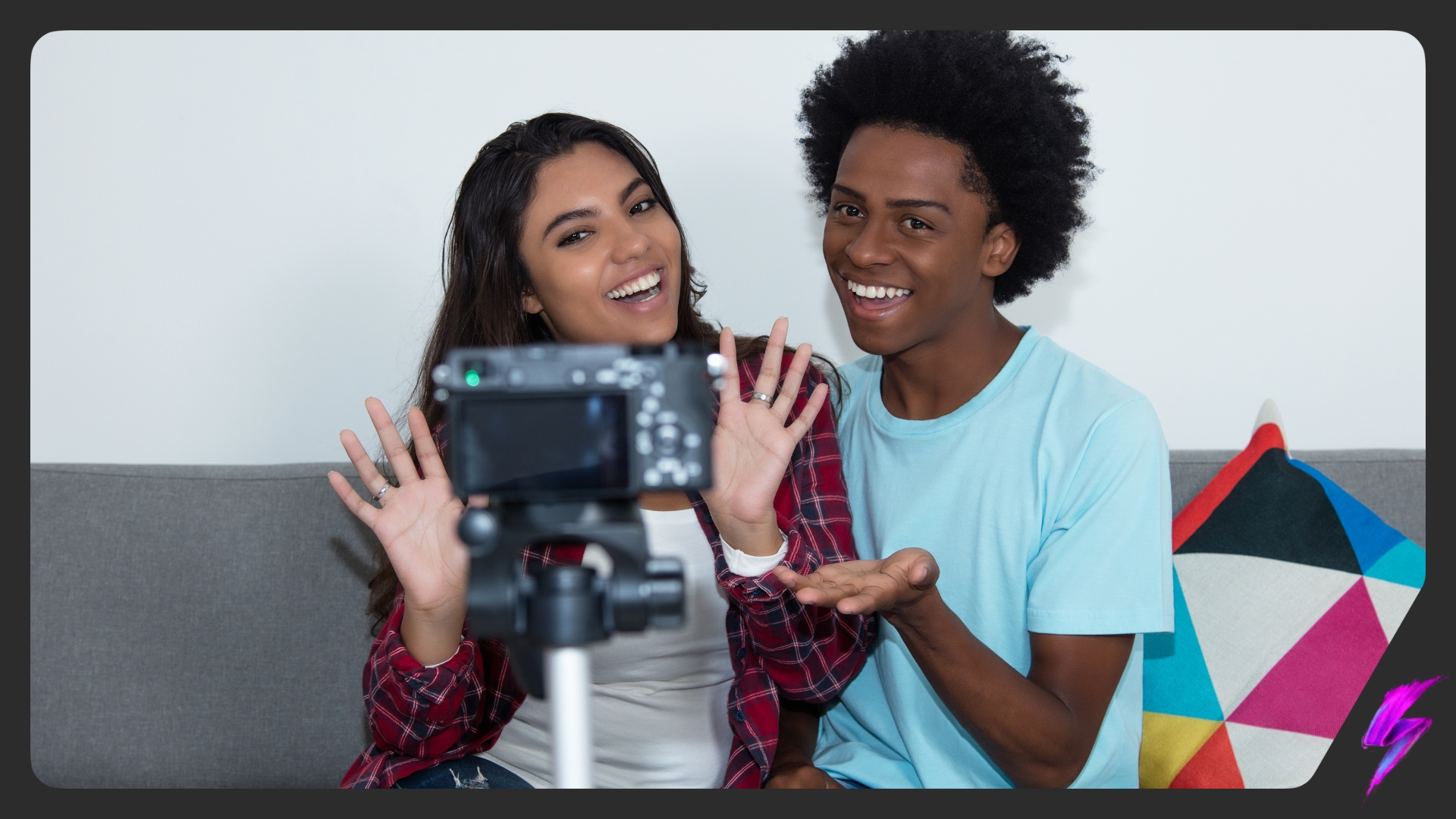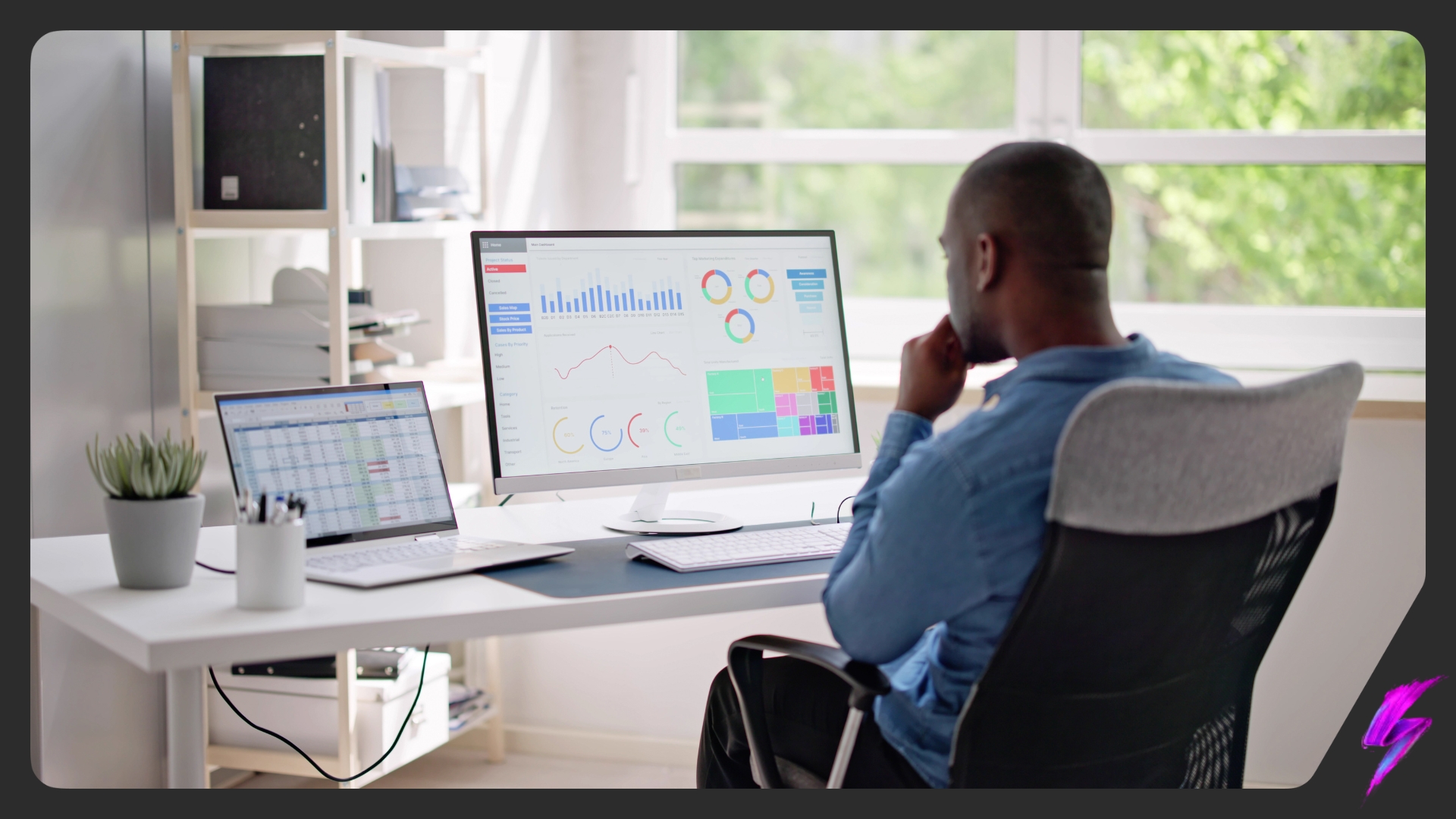Spot the Difference: No-Lo Alcohol vs. Alcohol
Feb 02, 2021
Industry Trends

The end of 2020 saw consumers becoming significantly more mindful and conscious about what they put into their bodies, alongside a 30% increase in searches for non-alcoholic drinks in the UK. During the pandemic consumers have gained confidence in becoming at-home-bartenders and have begun drinking and creating cocktails outside of their comfort zones—and this includes low and no-alcoholic beverages. Spirits giant Bacardi predicted a 400% growth in the no-low-ABV sector by 2024, and identified the prominence of low or no alcohol cocktails as a macro trend for 2021.
Although no-alcohol and low alcohol beverages have been successful for the past few years, we have only recently seen big spirits and drinks brands enter the no-lo drinks market. Considering these huge companies have made their way so far without no- or low-alcohol drinks, how are they positioning these new products compared to their alcoholic counterparts? Let’s take a look, shall we?
1. Gordon’s Gin (@GordonsGinUK)
Despite only announcing its 0.0% gin in December 2020 and it being available in all well-known retailers from early January, Gordon’s has already participated in a good amount of influencer partnerships for its new product. The no-alcohol gin has been incorporated into Gordon’s ‘Shall We…?’ campaign, that has been running since 2016, by using a mix of micro-influencers and prominent UK celebrities; these included Aston Merrygold, AJ Odudu, Alexis Caught, and Carlotta Constant. Gordon’s used these influencers to promote a prize draw to win a bottle of its 0.0% gin and to position the product as a great option for when you want a drink, but need to be on top form the next day. Gordon’s has also been pushing the new 0.0% gin in general Instagram and social media sponsored ads under the ‘Shall We…?” campaign.
View this post on Instagram
In addition to using influencers and ads, Gordon’s has also used user-generated content from its followers to show the versatility of the 0.0% gin. This content shows the product being used in a G&T (Gordon’s and Tonic) and in different cocktails.

There is very little difference in the positioning of the no-alcohol gin compared to Gordon’s traditional gins. The same branding, campaign and strategies were used to seamlessly incorporate the new 0% gin into Gordon’s product portfolio. This means that existing Gordon’s customers will be more inclined to try out the alcohol replacement as it is so similar to the classic favourite dry gin.
2. San Miguel (@SanMiguel_UK)
San Miguel was one of the first brands to launch an alcohol-free alternative in 2001 and has recently been re-pushing its “Who Do You 0,0 With?” campaign on its own Instagram and through sponsored ads on social media. No doubt timed to coincide with Dry January, San Miguel encourages its Instagram followers to get the year off to an active start, something they’re able to do easily with a non-alcoholic beer.
San Miguel doesn’t regularly update its social media accounts, but the messaging across its 0,0 brand is consistent and targets consumers who lead an active lifestyle. It presents itself as the opportunity to enjoy a nice beer, without having to sacrifice flavour or wellness.

The main difference between San Miguel 0,0 and its alcoholic options is the messaging. San Miguel 0,0 is positioned as a light, fresh beverage that is great for everyday consumption. San Miguel’s alcoholic options are under the #FindYourRich campaign, which encourages drinking with friends, and enjoying meaningful conversations with those you love.
San Miguel doesn’t use influencers for its 0,0 product, or its alcoholic options. The brand’s Instagram doesn’t have many followers or interaction from customers. Using influencers would be a great way for it to reach new users. It should aim to target the passion points of yogis, cyclists and runners as these are the three sports it mentions in its “Who Do You 0,0 With?” campaign.
3. Martini (@martini)
Bacardi-owned Martini launched two non-alcoholic products in early 2020 to meet consumer demands. Martini Non-Alcoholic Vibrante and Non Alcoholic Floreale are both made with the same wines as Martini’s vermouths, but with the alcohol removed. While these products have been available in the UK for a while, they only recently launched in the US. This has resulted in a massive social media push for the products on social media.
Martini kicked off January announcing a new social media activation called “the Joy of Jan”. This campaign featured 3 macro and 1 micro influencer, each of whom shared how they were drinking Martini Vibrante and Floreale on the weekends, while being easily able to continue their busy lives—including cycling through mountains. Each weekend had a different Joy that the influencers related back to the product: the Joy of New, Adventure, Flavour, Balance and Possibilities. The campaign was supported by various hashtags including #JoyofJan, #JoyofFlavour and #JoyofAdventure. Influencers used for this activity include: @asempe, @clippedinandfree, @brunabear and @evacolasoff.
The main difference between how Martini positions its alcohol-free products and its high-ABVs, is how they’re being used. The traditional, alcohol Martini products are usually promoted as a great accompanier to different foods and as a sociable drink choice. The non-alcoholic Vibrante and Floreale are positioned as great options if your priority is to focus on your wellbeing—which is exactly what a large number of consumers are looking for.
4. Warner’s Gin (@WarnersZero and @WarnersGin)
While most drinks brands promote their non-alcoholic alternatives on their main channels, Warner’s Gin has created a whole new social media channel for Warner’s Zero. While Warner’s still promotes its 0% gin on it’s main page, the product specific page goes into more detail about the sourcing of the product and the farm the botanicals are grown in. Warner’s has created a community within its Zero page, and encourages growth through giveaways and competitions.
Warner’s Zero regularly encourages its followers to #StepOutside and discover its farm-grown drinks—something it also does for its alcoholic gins. The general messaging of the alcoholic and non-alcoholic gins are relatively similar with a focus on natural, farm-grown flavours, made for drinking with friends and family. Both types of products are currently being pushed as great options for Valentine’s Day, and there is definitely a lack of influencer marketing across the brands.
Despite having a large audience and following of 46K, Warner’s Gin has a very small engagement rate, which is surprising considering the interactive content it posts. Warner’s Gin and Warner’s Zero seem to be missing out on attracting in new, passionate followers. One of the best ways to reach new people is through influencer marketing, and by targeting specific passion points. For example, Warner’s could target influencers who live on farms or who encourage a sustainable lifestyle.
5. Peroni (@peroniuk)
Peroni Libera launched in December 2018 and claims to be the UK’s “most stylish alcohol-free beer”. Peroni regularly uses influencer marketing to promote its alcoholic and non-alcoholic options. For Peroni Libera, the messaging is around being able to fully appreciate every moment in life, while still experiencing the taste of Italian beer, with posts regularly accompanied with the hashtag #FeelFree. While generally promoting its alcoholic beer, Peroni has recently been posting more content around Peroni Libera in line with Dry January.
Peroni chooses to use micro and macro influencers to support Peroni Libera, but all have at least 20K followers. Its last biggest influencer push was linked to the British GQ awards, as Peroni partnered with the event. This partnership and influencer activation reinforced the idea that Peroni Libera is a “stylish alcohol-free beer”.
There are very few differences between the positioning of the alcoholic and non-alcoholic products. This works well for Peroni as it means consumers will see the products as interchangeable—they will have the same experience no matter which product they choose.
6. Heineken (@heineken)
For the entirety of January, Heineken solely promoted Heineken 0.0% on its Instagram as part of a Dry January push. It promoted the product and movement with the hashtag #MondayMotivation, and capitalized on Blue Monday, saying everyday was a good day to be blue in reference to Heineken’s blue label. The captions also referenced the Now You Can campaign, which is focused solely around the 0.0 brand.
Throughout the pandemic, Heineken has been focusing on promoting its 0.0% beer alongside its “Socialise Responsibly” campaign. Heineken 0.0% is positioned as a great and direct replacement to an alcoholic beer, and was promoted as a top drink choice for the United Champions League, something that has historically been a big drinking event.
Heineken is one of the most active drinks brands on Instagram, regularly joining in with popular internet memes. Despite its awareness of the importance of a social presence, it doesn’t regularly work with influencers, but prefers partnerships with sports events or ad campaigns with big-budget celebrites (for example, Daniel Craig as James Bond) for its 0.0% beer.
The Takeaway
Despite offering a completely different and unique product, the majority of alcohol brands don’t position their alcohol-free versions differently from their alcoholic ones. This is surprising considering the demand for no-lo alcohols and the rising concern for wellness. These big drinks brands should consider targeting wellness passion points—fitness, food and mental health— through the use of influencers. While some already utilize influencer marketing, there are a considerable number of consumers out there that remain unreachable for these companies. Going for passion points will increase awareness of the non-alcoholic option to those unreachables.
Our Influencer marketing agency and Social agency are located worldwide, with our agency network based in the USA, UK, UAE and China.
If you want to receive our industry insights, visit our Influencer Marketing & Social Media blogs here.
[cta]
Popular Blogs
Most Popular Instagram Hashtags | Tiktok Hashtags | Instagram Monetization | Facebook Banner Size | Snapchat Influencers | Most Subscribed Youtubers | Best Time to Post on Youtube | UK Twitch Streamers | Female Twitch Streamers | Popular Tiktok Songs | Male Tiktok Influencers | Lgbtq Tiktok Influencers | The Rise and Fall of Clubhouse | Influencer Marketing on Clubhouse | LiketoKnowit | Pretty Little Thing Instagram| Social Marketing Agency
Social And Influencer Marketing News + Insights
Get in touch
We'll show you how to start powerful conversation, drive social engagement, build your brand, hit sales targets or meet other goals you have, wherever you are in the world.
Work with us





